Swiss accuses Kosovo leader of heading crime ring
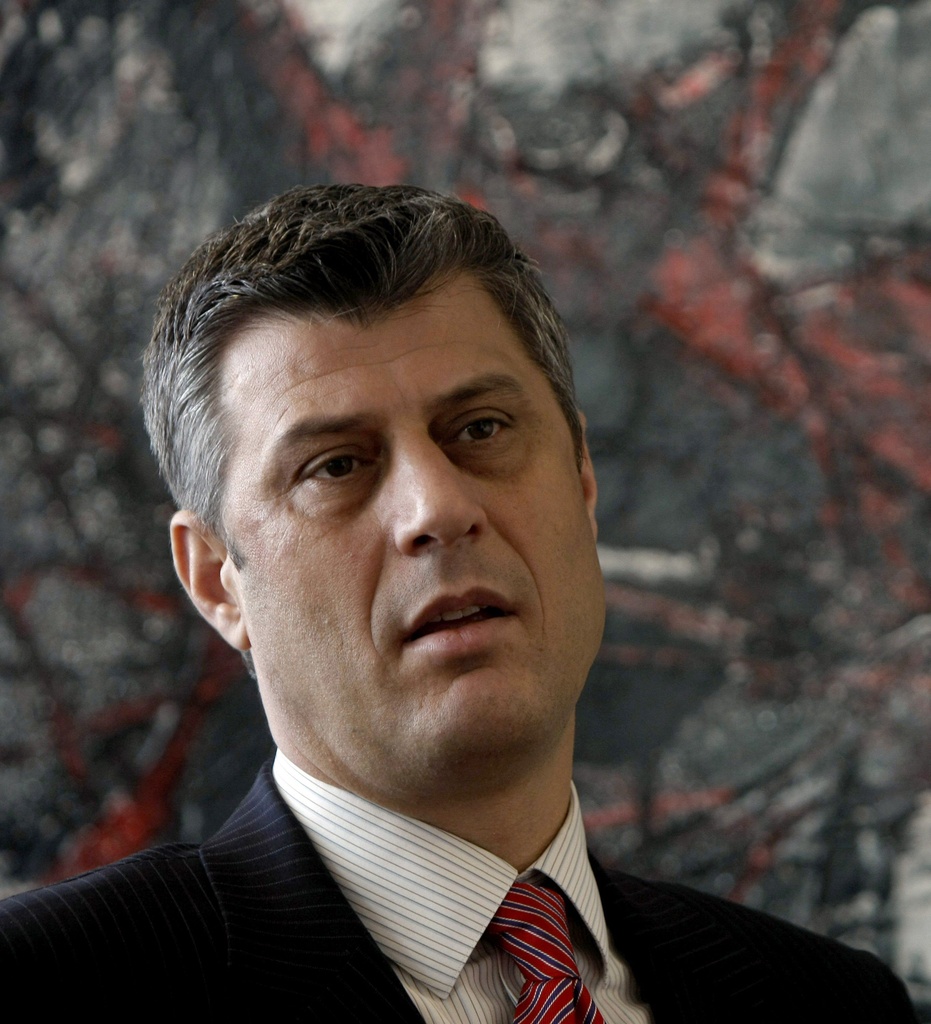
A draft report by the Council of Europe says Kosovo Prime Minister Hashim Thaci was the head of a “mafia-like” network that dealt weapons, drugs and human organs.
Swiss human rights investigator Dick Marty is scheduled to present the conclusions to European diplomats in Paris on Thursday.
The report for Europe’s premier human rights watchdog alleges that civilians detained by the Kosovo Liberation Army (KLA) were shot dead in northern Albania so their kidneys could be extracted and sold on the black market after the war in Kosovo ended in 1999.
Kosovo’s government has denounced the draft report – more than two years in the making – and has threatened legal and political action, saying it is slanderous. In a statement, it also accused Marty of bias and “fabrications”.
On Wednesday the European Union police and justice mission (Eulex) in Kosovo said it would examine the allegations.
Ruth-Gaby Vermot, a Swiss parliamentarian and author of a Council of Europe report on trafficking in organs in Europe, defended her colleague.
“Knowing Dick Marty as I do, he’s only written what can be proved. The issue of stability can’t allow this horrifying report to be pooh-poohed.” she told swissinfo.ch.
Marty, a Swiss senator, led a Council of Europe team of investigators to Kosovo and Albania in 2009, following allegations of organ trafficking by the KLA published in a book by former United Nations War Crimes tribunal prosecutor Carla Del Ponte, also Swiss.
Serbia lost control of Kosovo in 1999 when Nato waged a bombing campaign to halt killings of ethnic Albanians in a two-year counter-insurgency war. It does not recognise Kosovo’s independence.
The Swiss government recognised Kosovo as an independent state on February 27, 2008 – one of the first countries to do so.
The Swiss foreign ministry on Wednesday said it had supported for a long time efforts to shed light on people who had gone missing during the conflicts in the former Yugoslavia. To this end, it called on the authorities of the countries involved to cooperate with investigations.
Number of detention facilities
The 55-page report aims to cast new light on the KLA, which received United States backing in its fight to secure Kosovo’s independence from Serbia in 1999.
Marty says it is an attempt to unearth alleged crimes that went unpunished in the post-war period.
His investigation found that there were a number of detention facilities in Albania, where both Kosovan opponents of the KLA and Serbs were allegedly held once the hostilities in Kosovo were over, including a “state-of-the-art reception centre for the organised crime of organ trafficking”.
The report says the captives had their blood drawn and tested to help determine whether their organs would be suitable for transplant, and were examined “by men referred to as ‘doctors’” in the towns of Rripe and Fushe-Kruje.
Marty said his findings were based on testimonies of “KLA insider sources” such as drivers, bodyguards, and other “fixers” involved in logistical and practical tasks, as well as “organisers”, and the ringleaders behind the lucrative organ trade.
But the report does not name any of the sources, or the number of people who were allegedly killed in the process.
“Methodology”
The accounts pointed to “a methodology by which all of the captives were killed, usually by a gunshot to the head, before being operated on to remove one or more of their organs”, the report said.
It also pointed to “a small but inestimably powerful group of KLA personalities” known as the Drenica Group whose “boss” was Kosovo’s current prime minister and former KLA leader, Hashim Thaci – who in 1995 joined the large Albanian diaspora in Switzerland, studying history and international relations in Zurich.
Marty said his team’s firsthand sources “credibly implicated” some KLA leaders and members of Thaci’s inner circle for “having ordered – and in some cases personally overseen – assassinations, detentions, beatings and interrogations in various parts of Kosovo”.
“Slanderous”
Kosovo’s government described Marty’s allegation as “slanderous”, and part of an attempt to “obstruct” Thaci, whose party this month won Kosovo’s first election since it declared independence from Serbia – in a vote tainted by claims of fraud.
The government said it would take all necessary legal and political means to counter Marty’s “fabrications” and urged Council of Europe members to oppose the report.
Nevertheless Vermot believed Thaci would be weakened.
“You can’t maintain the stability of a country if you simply ignore human rights violations committed during the war,” she said.
“Thaci and Kosovo must confront the accusations – but I fear they will shatter the country.”
Need for courts
Meanwhile, Serbia’s deputy war crimes prosecutor Bruno Vekaric praised the report as a “great victory for the truth and justice”.
On Wednesday Serbian Foreign Minister Vuk Jeremic believed Thaci’s future was uncertain.
“I don’t know what sort of future this person has if you take into account the report … about his participation in the heroin trade, human trafficking and human organs and his role as the head of one of the most organised criminal-mafia clans in the Balkans,” Jeremic said.
The Parliamentary Assembly of the Council of Europe will debate the report in Strasbourg on January 25, the council said.
Vermot said what was needed now were courts to ensure the guilty be properly punished.
“Impunity is always the most terrible thing for a country that has been devastated by war,” she said.
On February 17, 2008, the former Serbian province of Kosovo declared its independence.
The Swiss government recognised Kosovo as an independent state on February 27, 2008; it was one of the first countries to do so.
Since October 1999, the Swiss Armed Forces have been involved in the international peace support mission of the Kosovo Force (Kfor) with Swisscoy in Kosovo – short for Swiss Company.
Swisscoy is composed of up to 220 voluntary military personnel armed for self defence with pistols, assault rifles and riot agent spray generators.
There are around 270,000 Albanian speakers currently living in Switzerland, of whom 200,000 are thought to originate from Kosovo.
But only a minority of Kosovars in Switzerland are thought to have participated in Sunday’s elections in Kosovo as the participation deadline for Kosovars living abroad was very short.
Kosovo, where ethnic Albanians make up 92 per cent of the population of 2.2 million, declared independence from Serbia in 2008, but Serbs still dominate the north of the country.
(With input from Jean-Michel Berthoud)

In compliance with the JTI standards
More: SWI swissinfo.ch certified by the Journalism Trust Initiative

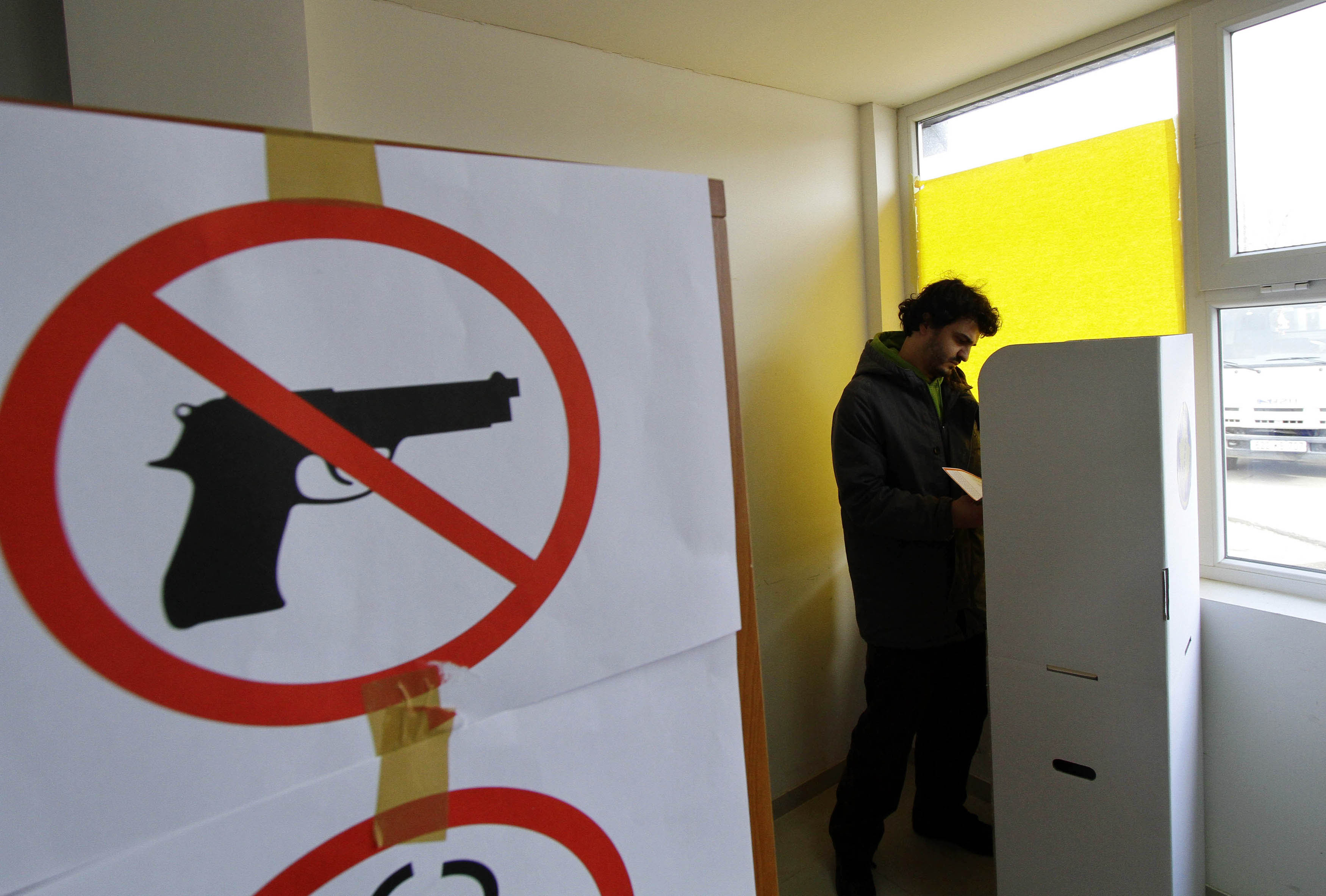
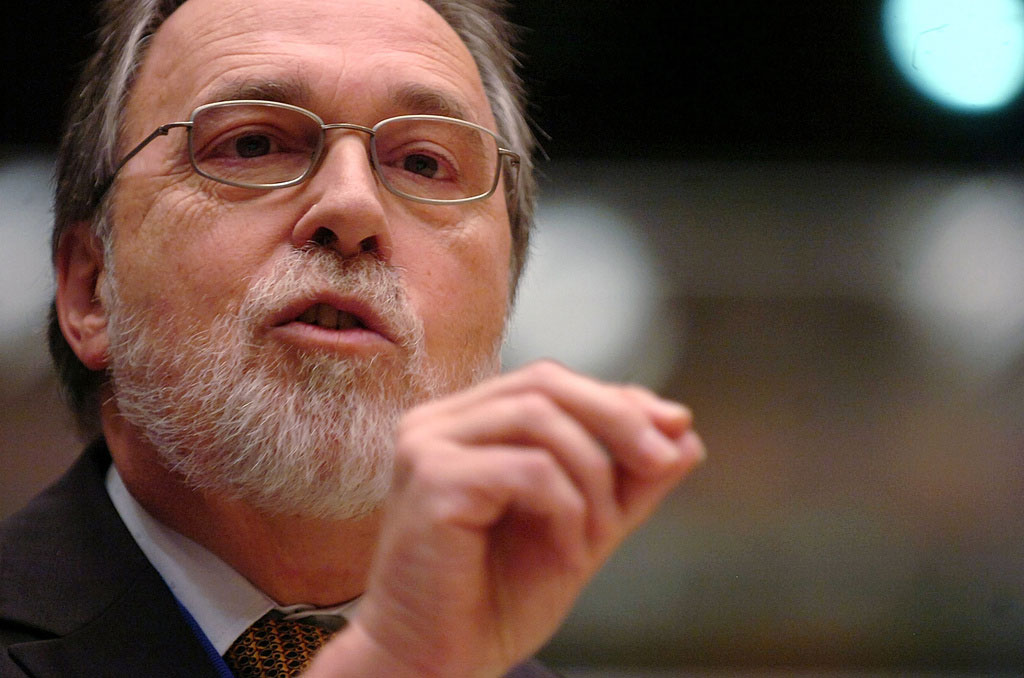
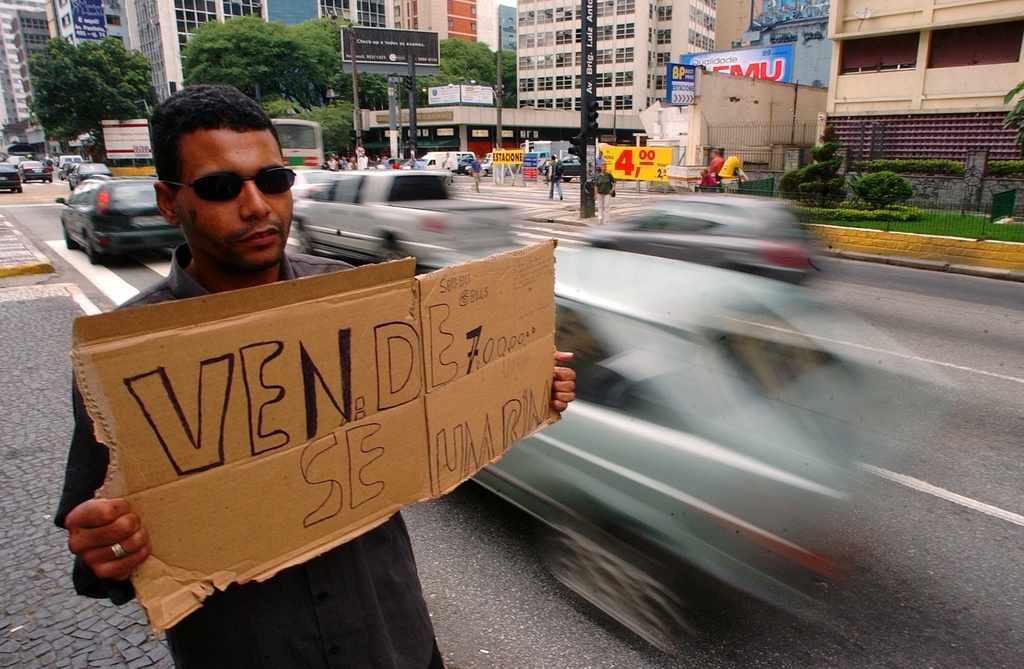
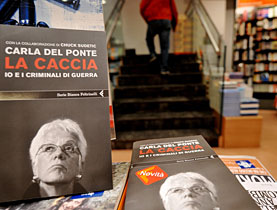
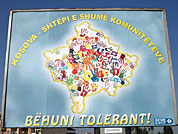
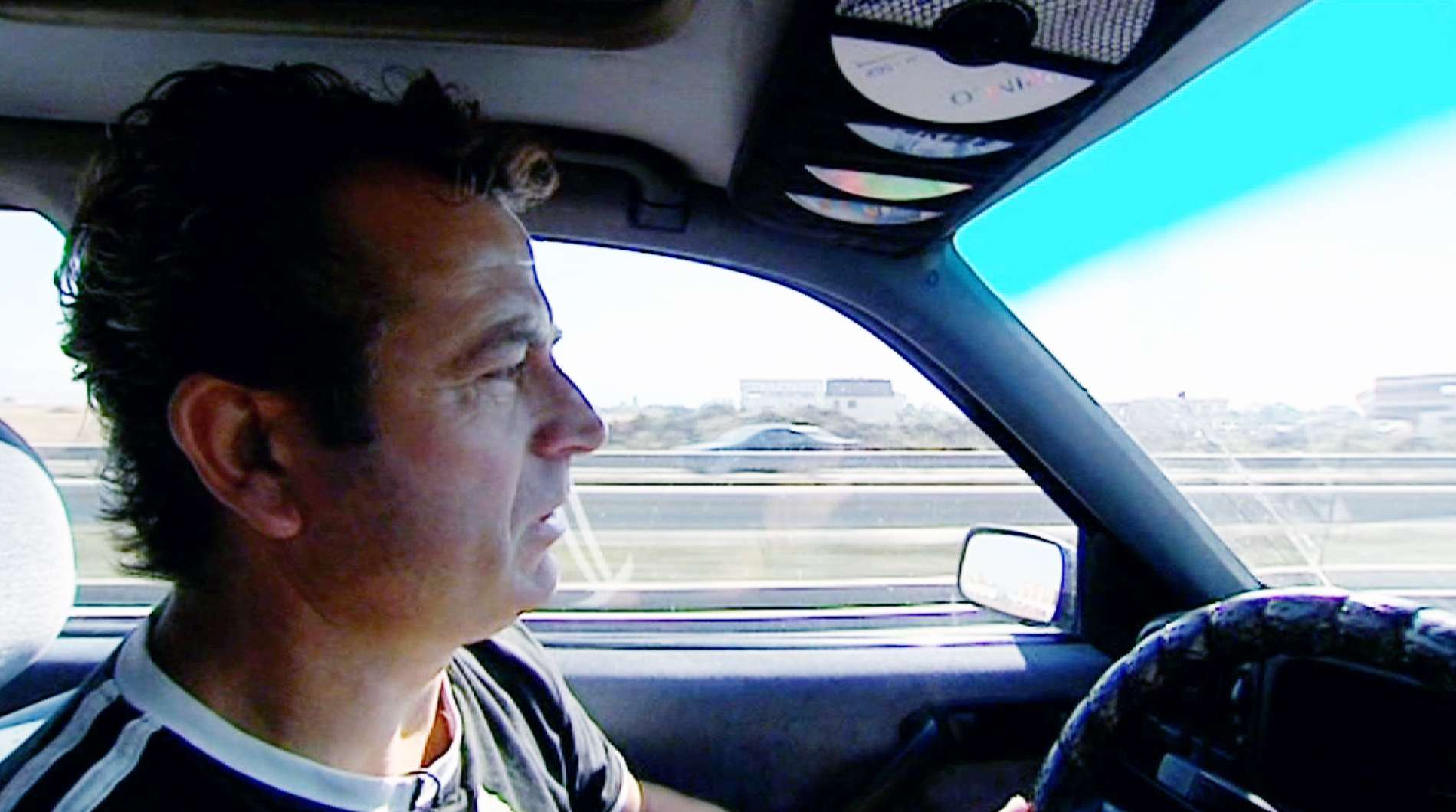
You can find an overview of ongoing debates with our journalists here. Please join us!
If you want to start a conversation about a topic raised in this article or want to report factual errors, email us at english@swissinfo.ch.